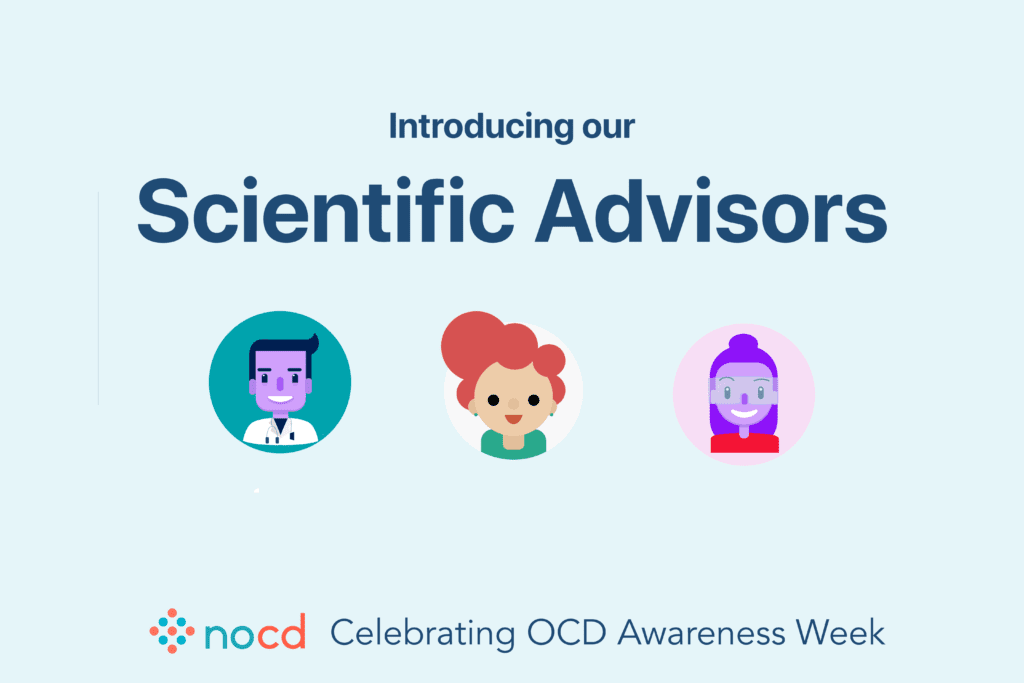It’s OCD Awareness Week and we’re celebrating the robust community of OCD clinicians, researchers, and advocates that we get to be part of each day. Even more importantly, we’re hoping to show how grateful we are for our community members– people like you.
First, we want to tell you what we’re doing to become more aware about OCD and mental health, since we’re learning all the time along with you.
You might wonder who we are and what we really know about OCD… or anything else. We can’t blame you; we’d probably do the same. But since we’ve already done a few posts about us, we’d like to take a minute during Awareness Week to share some exciting news about our journey to continually expand our own knowledge.
The NOCD Scientific Advisors
We’ve always had our core team of Clinical Advisors, and they remain an integral part of every important decision we make. Now we’re adding a team of Scientific Advisors: some of the world’s top OCD experts, people who spend so much of their time treating patients and conducting research at the highest level.
Our Clinical Advisors bring their therapeutic expertise to everything we design, allowing us to pair technology with clinical efficacy in a unique and dynamic way. Our new group of Scientific Advisors will work in tandem with them, and will be particularly focused on helping us bolster our research capabilities and outcomes.
We’re working each day to answer questions at the core of our mission to help people feel better: In what ways is our platform helping people, and how can we improve? How can our community participate in large-scale research projects that simply haven’t been possible thus far? And how can we employ our wealth of anonymized population data in a responsible way to advance mental health science more rapidly?
Our relationships with these inspiring and ambitious people developed over time, as we collaborated on research projects or asked them to review drafts of our educational content. Their diverse research interests will encourage us to grow in all kinds of ways. And they’re already helping us make our app better, our community stronger, and our work more meaningful for people around the world.
Who’s on the board?
Edna Foa, PhD (Scientific Advisor)
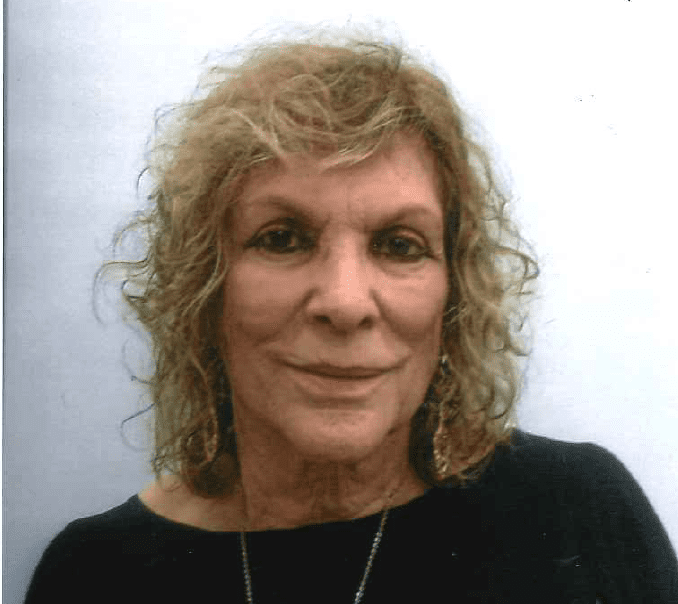
Dr. Foa is Professor of Clinical Psychology in Psychiatry at the University of Pennsylvania and Director of the Center for the Treatment and Study of Anxiety. She has devoted her academic career to studying the psychopathology and treatment of anxiety related disorders, primarily obsessive-compulsive disorder (OCD) and post-traumatic stress disorder (PTSD) and developing targeted treatments for these disorders.
Her work has been recognized with numerous awards and honors, among them the Distinguished Scientific Contributions to Clinical Psychology Award from the American Psychological Association, the Lifetime Achievement Award presented by the International Society for Traumatic Stress Studies, and the Lifetime Achievement Award presented by the Association for Behavior and Cognitive Therapies. Dr. Foa was also one of the TIME 100 most influential people of the world in 2010.
Jamie Feusner, MD (Chief Medical Officer)
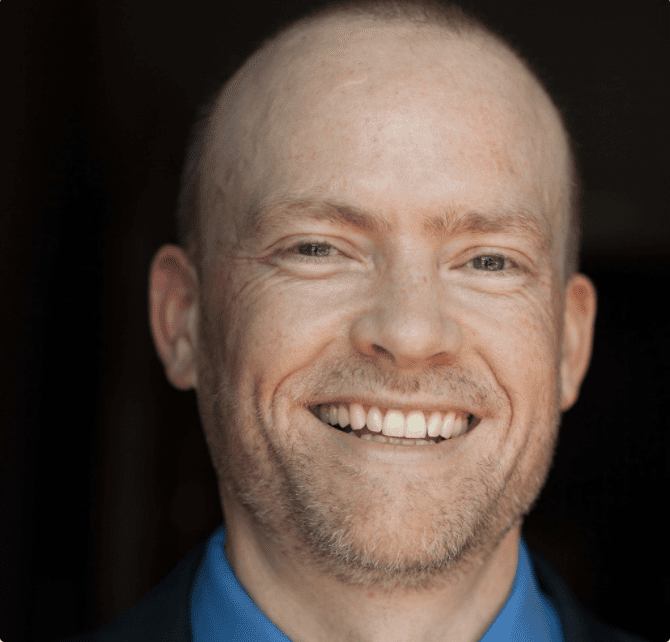
Dr. Feusner is Professor of Psychiatry at UCLA and Director of the UCLA OCD Intensive Treatment Program. He is also a faculty advisor for the Brain Research Institute Neuroimaging Affinity Group. His research focuses on body dysmorphic disorder (BDD), eating disorders, OCD, and gender dysphoria. He has conducted research on OCD investigating brain connectivity, predictors of acute and long-term treatment response, and neurometabolites.
An additional focus for Dr. Feusner is the discovery of novel applications for the mobile assessment of affective, interoceptive, and perceptual distortions of appearance using smartphones, tablets, and computers. Although his life’s work is to understand the brain’s many complexities, Dr. Feusner still makes time to snowboard and is an avid fan of Ariana Grande. He recently joined NOCD as Chief Medical Officer.
Alex Leow, MD, PhD
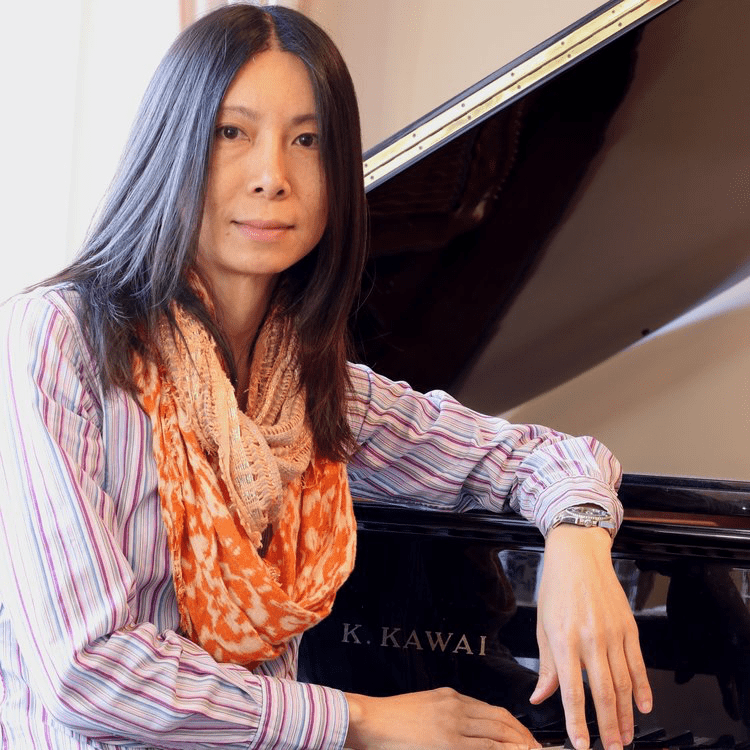
Dr. Leow is Associate Professor of Psychiatry and Bioengineering at the University of Illinois College of Medicine, and an Attending Physician at the University of Illinois Hospital. Her unique multi-disciplinary skill set combines a medical degree with residency training and board certification in adult psychiatry with a PhD degree in applied mathematics.
As a renowned computational neuroimaging researcher, Dr. Leow has published more than 100 scientific articles that have been cited thousands of times. She serves on the program committee of the Society of Biological Psychiatry and the Steering Committee of the Mobile Health Research Technologies working group.
Christopher Pittenger, MD, PhD
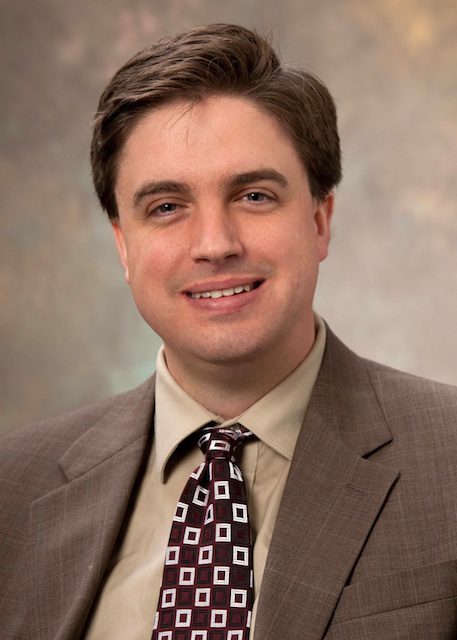
Dr. Pittenger, a tenured faculty member at Yale School of Medicine, became director of the Yale OCD Research Clinic in 2007. He is also Assistant Chair for Translational Research in the Department of Psychiatry. His research program seeks to advance our understanding of the neuropathophysiology of OCD and related disorders, especially Tourette syndrome, and to harness that understanding in the development of new strategies for diagnosis, prevention, and treatment.
His research has been funded by the National Institutes of Health, the International OCD Foundation, and other charitable organizations and industry partners. He is the recipient of numerous awards, including the Laughlin Fellowship from the American College of Psychiatrists and a Senior Researcher Award from the American Academy of Child and Adolescent Psychiatry. He is also active in education at Yale, where he is Co-Director of the Neuroscience Research Training Program within the Adult Psychiatry Residency, and nationally, where he has served on the Education and Training Committees of the American College of Neuropsychopharmacology and the Society of Biological Psychiatry.
Dr. Pittenger lives outside New Haven with his wife, four children, three cats, and eleven chickens. Cleaning the coop keeps him grounded.
Barbara Van Noppen, PhD
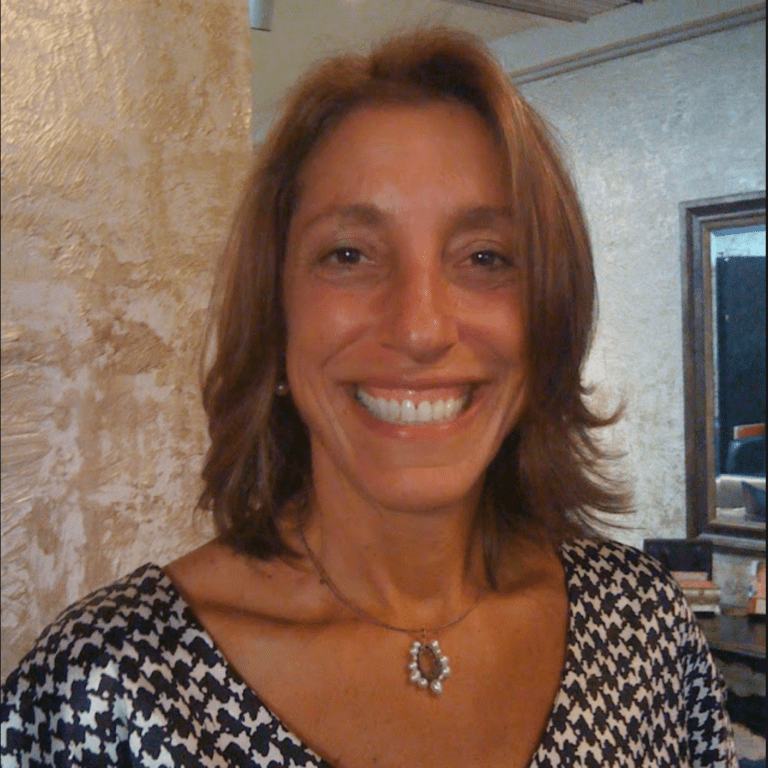
Dr. Van Noppen is Assistant Professor of Clinical Psychiatry, Assistant Chair of Education, and Co-Director of the OCD Treatment and Research Program at the Keck School of Medicine of the University of Southern California. She is also Administrative Director of the Adult Outpatient Psychiatric Clinic at the Los Angeles County + USC Medical Center.
Internationally known for her development of Multifamily Behavioral Treatment (MFBT) for OCD and her inclusion of family members in CBT, Dr. Van Noppen has published numerous journal articles and book chapters on this topic. She teaches and supervises psychiatric residents in the use of CBT for a number of psychiatric conditions.
We’re very excited to work with these very impressive and generous people, and we’ll be sharing more about what we learn.
If you or someone you know is struggling with OCD, schedule a free call today with the NOCD clinical team to learn more about how a licensed therapist can help. ERP is most effective when the therapist conducting the treatment has experience with OCD and training in ERP. At NOCD, all therapists specialize in OCD and receive ERP-specific training.
Thanks for reading!

